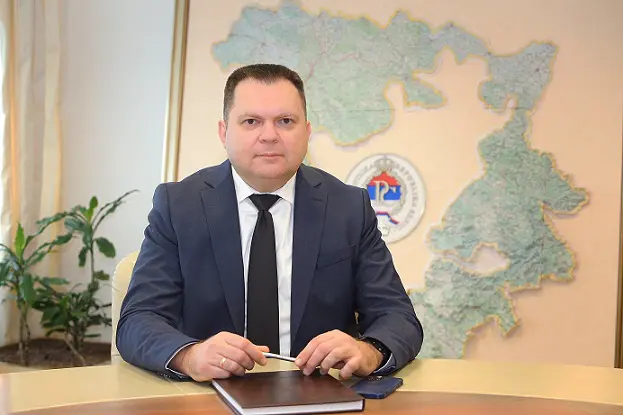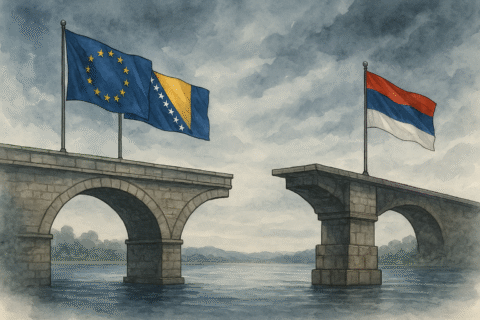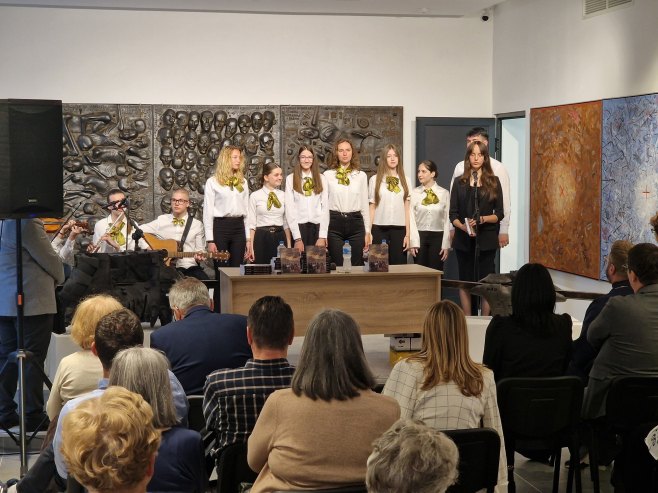Republika Srpska has a working version of its Election Law ready. It stipulates: The Republika Srpska Electoral Commission will conduct elections within the territory of Republika Srpska, for all positions at the local and republic level.
As stated in the first article of this law, it regulates the election and appointment of deputies to the National Assembly of Republika Srpska and delegates to the Council of Peoples of Republika Srpska, the president and vice presidents of Republika Srpska, delegates to the House of Peoples of the Parliamentary Assembly of Bosnia and Herzegovina from Republika Srpska, councilors of the city assembly, councilors of the municipal assembly, the election and recall of city mayors and municipal mayors, the election of members of the local community council, the appointment of electoral bodies, the protection of electoral rights, rules of conduct during the election campaign, financing of the election campaign, and other matters of importance for the implementation of this law.
As soon as Christian Schmidt threatened amendments to the Election Law of Bosnia and Herzegovina, Republika Srpska began preparations for drafting its own election law. This is confirmed by the date on the working version of Republika Srpska’s Election Law, signed by the president of the Republika Srpska Parliament – January 2024. Among other things, this version defines that the republican and local electoral commissions independently conduct elections.
- The seat of the Republika Srpska Electoral Commission is in Banja Luka. The Republika Srpska Electoral Commission has a seal in accordance with the law. The Republika Srpska Electoral Commission has a website where all electoral regulations and all other decisions of significance for the electoral process are published within 24 hours of the decision being made – the working version states.
The fundamental difference between the Election Law of Republika Srpska, whose working version has been published, and the Election Law of Bosnia and Herzegovina, is that the Republika Srpska Electoral Commission will be responsible for all elections conducted on the territory of Republika Srpska.
- The Central Election Commission of Bosnia and Herzegovina would remain responsible for the election of members of the Presidency of Bosnia and Herzegovina and deputies in the House of Representatives of the Parliamentary Assembly of Bosnia and Herzegovina. The Election Law of Republika Srpska relates to elections conducted on the territory of Republika Srpska. This includes the election of deputies to the National Assembly, the election of the president and vice presidents of Republika Srpska, local elections, the election of delegates to the House of Peoples of the Parliamentary Assembly of Bosnia and Herzegovina, while on the other hand, it does not cover the election of members of the Presidency of Bosnia and Herzegovina and deputies in the House of Representatives, as this is a joint level and for that, the Central Election Commission of Bosnia and Herzegovina is responsible – explained Lazar Stjepanović, the legal representative of Republika Srpska.
And for Republika Srpska to move towards adopting its election law, the governing coalition should meet in the upcoming period, says the president of the People’s Party of Republika Srpska, Darko Banjac. He adds, in accordance with the Dayton Agreement, Republika Srpska has the right to conduct elections at the level of local communities and the Republic level.
- I personally believe that the National Assembly of Republika Srpska should adopt an Election Law in which all fair and honest election practices are absolutely respected. Absolutely. But it should be adopted by the National Assembly of Republika Srpska and it should be the Election Law of Srpska, with the Republika Srpska Electoral Commission conducting the elections, which even today exists in Republika Srpska – stated the president of the People’s Party of Republika Srpska, Darko Banjac.
The president of DEMOS, Nedeljko Čubrilović, assessed that domestic political representatives should negotiate on all issues, including the electoral process in Bosnia and Herzegovina.
- The Election Law must be the subject of domestic politicians, elected by the people, and they should have encouraged the domestic government to adopt certain laws acceptable to the international community – stated the president of DEMOS, Nedeljko Čubrilović.
Guided by this thesis, politicians from Republika Srpska who are part of the governing coalition want Republika Srpska to regulate electoral legislation on its territory. Whether the international community likes it or not.
Source: RTRS









